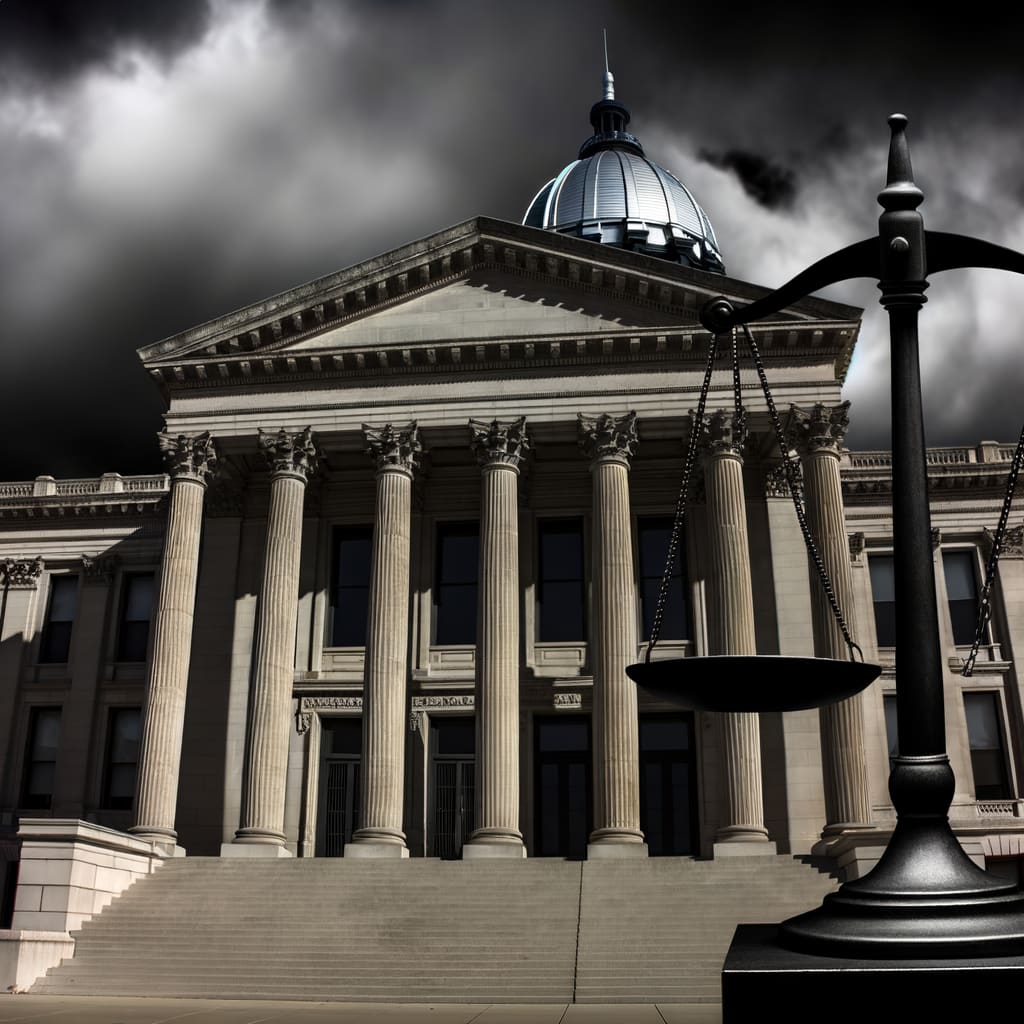Illinois Files Lawsuit to Block Trump's Deployment of National Guard
In a marked escalation of the ongoing tensions between President Donald Trump and several Democratic-led states, Illinois Governor J.B. Pritzker has slammed what he calls Trump's invasion
and filed a lawsuit in an attempt to block the deployment of national guard troops to the state. The lawsuit comes in response to Trump's decision to deploy 400 National Guard members from Texas to Illinois, Oregon, and other states, a move that has drawn mixed reactions from various quarters.
Background and Context
This move by the Trump administration is seen as the latest effort to escalate its crackdown on cities that have been the stage for a spike in protests targeting federal facilities. This is a man who’s suffering dementia,
Pritzker said in a telephone interview with the Chicago Tribune. This is a man who has something stuck in his head. He can’t get it out of his head. He doesn’t read. He...
However, Texas Governor Greg Abbott applauded the decision and announced the immediate deployment of the state's elite National Guard units to help protect federal property. The elite Texas National Guard. Ever ready. Deploying now,
Abbott wrote on a social media platform.
Key Developments
Despite the active legal challenges from Chicago and the state of Illinois, the first National Guard troops sent to Chicago reportedly arrived on Tuesday at an Army training center outside the city. The troops from Texas were sent to Illinois as part of a mission to protect federal functions, personnel, and property,
according to a Pentagon official.
The deployment of troops has been met with resistance, not only from the state government but also from the city of Chicago. Mayor Brandon Johnson signed an executive order establishing ICE-free zones
— referring to U.S. Immigration and Customs Enforcement (ICE) — as part of his Protecting Chicago Initiative, rejecting President Donald Trump’s crime crackdown and deportation rollout in the city.
Reactions and Implications
The decision to deploy the National Guard has elicited strong reactions. White House spokeswoman Abigail Jackson criticized Governor Pritzker for rejecting President Trump’s deployment, stating, Chicago is descending into lawlessness and chaos because this slob cares more about boosting his anti-Trump creds on X than he does about making his city safe.
On the other side, Pope Leo XIV rebuked a reporter who asked him for comment on President Trump sending troops to crack down on crime in Chicago. Yes. I prefer not to comment at this time about choices made, political choices within the United States,
the Pope interjected.
Current Status
As of now, the situation remains tense with troops already in place and legal challenges underway. The lawsuit filed by the Illionis attorney general argues that President Trump is infringing on Illinois’s sovereignty by sending troops to Chicago. Americans should not 'live under the threat of military occupation' for opposing the president,
the lawsuit states.
This case will likely serve as a litmus test for similar situations, marking a pivotal moment in the ongoing discussion about the limits of presidential authority to deploy military forces domestically.

